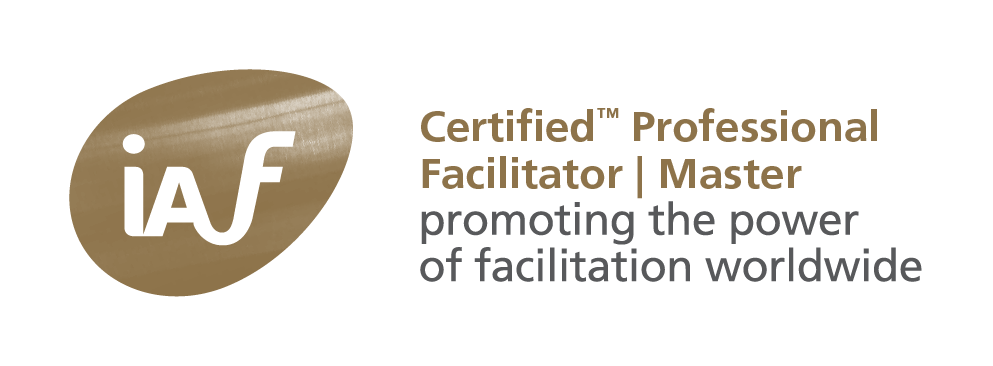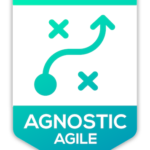IAF-Certified Facilitator | Master

Faciliteren
mind@work loodst, begeleidt, samenspraak in- Vergaderingen en workshops
- Kennisoverdracht, inspraak en medezeggenschap
- Dialoog, gesprek en conversaties
De mind@work methodologie werkt met de potentie van uw groep, organisatie of gemeenschap.
mind@work adviseert over opzet en inrichting van (vergader)ruimtes.
Coach en begeleider van professionele facilitators en professionals die faciliteren.
Winner Silver IAF Facilitation Impact Award 2016

-
Privacy en cookies: je begrijpt, ook hier moet ik voor jullie en mijn gemak cookies gebruiken. Het kan niet anders. Dank voor je begrip. Cookie en privacy policy
IAF-Netherlands

LOGO IAF-Netherlands
Tag Archives: paradox
Who’s us?
Robert Reich asked “who are we?” is a substack about the election results in the US. Here are are ome of my notes: https://open.substack.com/pub/robertreich/p/who-are-we-anyway?r=p0rqa&utm_campaign=comment-list-share-cta&utm_medium=web&comments=true&commentId=75987848 Implications for facilitating groups
Posted in Uncategorized
Tagged facilitation, identity, paradox, substack, us and them
Leave a comment
This is another idea
I made a contribution on my substack that might interest you. https://mindatwork.substack.com/p/this-is-not-an-idea Implications for facilitation Go slow – research or investigate the dominant metaphor, the assumptions. Look for the condition to intervene on. Never defend your position. Ask questions – … Continue reading
Narrational thinking
commenting on https://robertreich.substack.com/p/the-gops-integrity-death-cycle/ Actually, the cyclical nature of nature is …. life –> death –> life –> death —> … You cannot have the one without the other AND they seem to deny each other. It’s the paradox of life: … Continue reading
Posted in Uncategorized
Tagged facilitation, GOP, paradox, perceprion, power, scarcity
Leave a comment
Beginners mind – stay confused
“Beginners mind”, in facilitating systemic – self-sustaining – changes you will need more than an open mind, you need “Beginners mind”. The ability to stay confused enables Eigenorganisation to emerge. We’ll talk about in this event: https://tinyurl.com/d49vrbj Ed van Winden … Continue reading
Posted in Uncategorized
Tagged Engaging, facilitation, management of change, paradox, paradox of expression, systems thinking
Leave a comment
Move on! No information to be found here.
I noticed an article Systems Community of Inquiry http://stream.syscoi.com/2020/11/29/destruction-of-information-the-performance-paradox/ . I cannot resist to inform you that information doesn’t actually exist. You’re creating (and destroying) information at this very moment. (Ashby – an engineer and psychologist – formulated his Law … Continue reading
Posted in Uncategorized
Tagged Ashby, creativity, destruction, informatie, paradox, paradox of expression, Variety
Leave a comment
The driving force behind systemic change
The quest for autonomy. The world seems to be in transition: war in the Middle-East, terrorism, Brexit and independence of Catalonia, North-Korea, unrest in Africa leading to mass migration, the down fall of Venezuela, Brazil, the financial crisis, climate change, … Continue reading
Posted in Ashby's Law, autopoiesis, communication
Tagged Ashby, Communication, paradox, Variety
Leave a comment
Surely, a certificate is not a paradox
I’m a bit old-skool. I do think certification is important, for every profession. I took a certification for myself and my Community of Practitioners, the IAF. It is a kind of peer review. There are no objective standards, although I … Continue reading
Paradoxen in groepen
Op de 10e IAF Nederland conferentie heb ik twee keer een inleiding gehouden over Paradoxes in Group Life, onder de titel: Paradoxen leven in groepen. Voor wie er interesse in heeft: hier zijn de slides in de vorm van een … Continue reading
Posted in behoren, Betekenis, expressie, Faciliteren, paradox, Proces
Tagged behoren, expressie, paradox, zelfreferentie
Leave a comment
Real, reality, relationship
How do we know what is real? I practice “radical constructivism”: a mind invents its reality, because it works. And because our brain works that way. Our brain relates to the environment, what is “real” and uses the relationships – … Continue reading
Posted in paradox
Tagged paradox, realiteit, reality, reality perception, werkelijkheidsopvatting
Leave a comment

